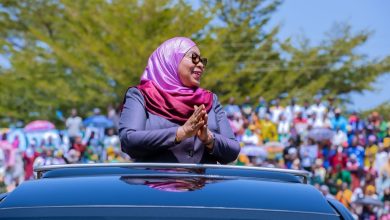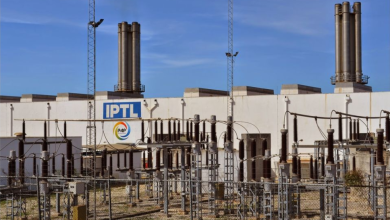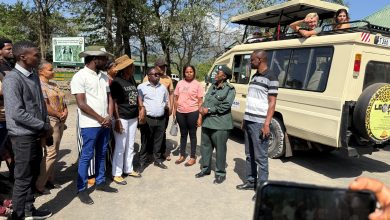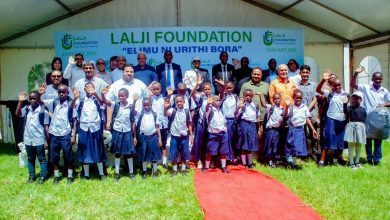Vision 2050 prioritises human capital development
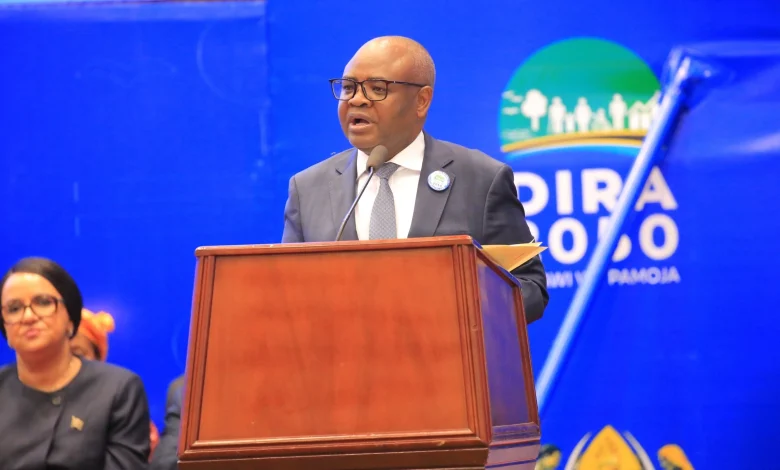
DODOMA: TANZANIA aspires to strengthen human capabilities and societal well-being, guided by a firm commitment to gender equality and inclusivity as key drivers for achieving the goals of Vision 2050.
This is outlined in the second pillar of Vision 2050, which focuses on developing human potential and advancing social development to ensure that every citizen is equipped to contribute meaningfully to national progress and their well-being.
The pillar also prioritises inclusivity for all including women, youth, older persons and people with disabilities.
“By making strategic investments in human capabilities and prioritising the development of its growing population of children and youth and empowering women, youth and people with disabilities, Tanzania can create an environment where all citizens thrive,” said Minister of State in the President’s Office for Planning and Investment, Prof Kitila Mkumbo yesterday during the launch of the strategic document.
To realise the goal, the newly launched Vision 2050 has identified six priority areas including a well-educated, skilled and learning society, a healthy society, a socially protected and inclusive society, affordable housing and human settlements, a capable and motivated workforce and a cohesive, responsible and engaging society.
Under a well-educated, skilled and learning society the vision envisions enhanced quality of education across all levels, from pre-school to tertiary education, by focusing on improving learning outcomes, increasing access to education and ensuring the development of highly skilled graduates to support the country’s socio-economic development.
Among others, it aspires a nation where every child is holistically nurtured, protected and given the foundation to thrive through equitable access to quality healthcare, well-structured independent early childhood care and a developmental education system.
On a healthy society, the vision aspires to achieve optimal health outcomes for all Tanzanians, with a particular focus on women, children, people with disabilities and older persons. It seeks to have universal healthcare coverage with strong financing mechanisms, prioritising women, children, older persons and people with disabilities.
The country also eyes a nation of resilient individuals and communities committed to health promotion, disease prevention and the maintenance of healthy lifestyles, with the capacity to mitigate the impact of pandemics and environmental and climate related health risks.
Prof Mkumbo said social protection is a cornerstone of human development efforts, designed to shield individuals and communities from vulnerabilities such as poverty, ill health, risks and uncertainties.
He said while progress has been made in advancing social protection, several issues persist. A significant portion of the population, especially in informal sectors and rural areas, still lacks access to social protection coverage.
The Vision 2050 aims to establish an inclusive, technology driven social protection system that delivers effective and efficient services.
According to him, expanding safety nets will ensure targeted support for vulnerable groups, such as children, older persons and people with disabilities, adding that legal frameworks will be strengthened to eliminate child labour, violence and discrimination, while promoting universal systems that uphold dignity and equity.
On affordable housing and human settlements, the Minister said urban settlements in Tanzania are expanding rapidly due to population growth, rural-to- urban migration and economic development.
He said the urban population is projected to exceed 50 per cent of the total population by 2050, noting that unplanned urban settlements are a widespread phenomenon, thereby threatening efficient access to clean and safe water, sanitation and adequate housing.
The minister said Vision 2050 aspires creation of urban environments that are liveable, resilient, energy- efficient and environmentally responsible.
Prof Mkumbo further said that a capable and motivated workforce is vital in transforming Tanzania into an upper middle-income country, with sustainable economic growth, inclusive development and global competitiveness.
“Achieving this ambitious vision requires a workforce equipped with the relevant skills needed to drive innovation and productivity. Motivation plays a critical role in ensuring that workers are engaged, committed and productive,” he said.
The vision aspires nation that attracts, grows and retains the finest minds and talents among citizens which will facilitate the growth of the human capital base and speed up socioeconomic development.
The minister also said that building a cohesive nation is essential for sustainable development, as it fosters unity, social trust and collaboration across diverse communities, enabling collective action to tackle key challenges.
ALSO READ: Vision 2050: Govt acts to boost climate resilience
The vision eyes a nation that takes pride in its unity, celebrating its talents in arts, culture, sports and entertainment as core to its collective strength and identity.
It also aspires a patriotic and responsible citizenry, united by shared values, actively engaged in civic life and committed to fostering social progress.


